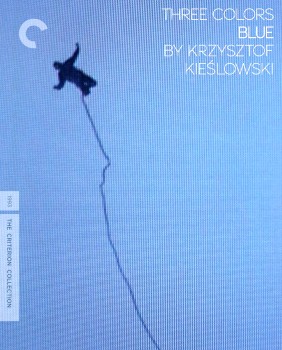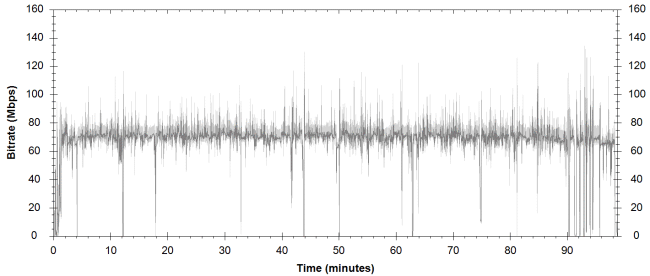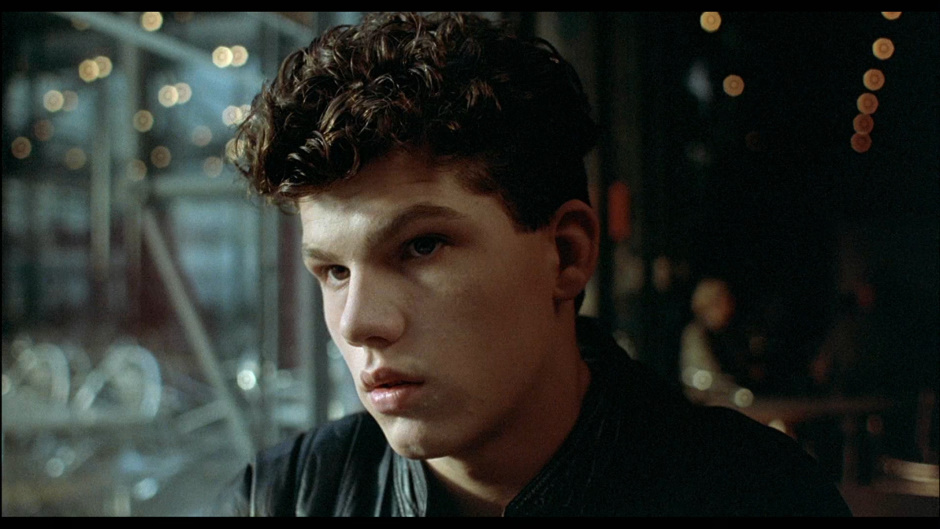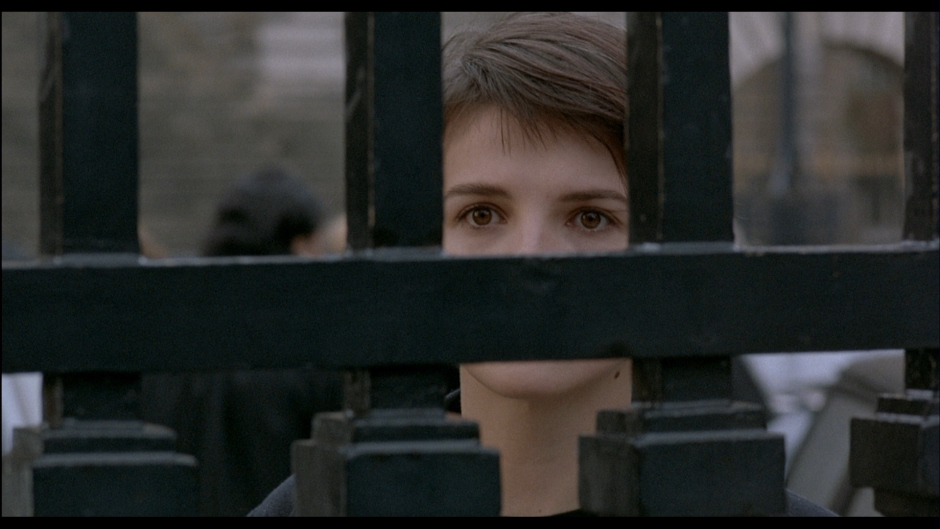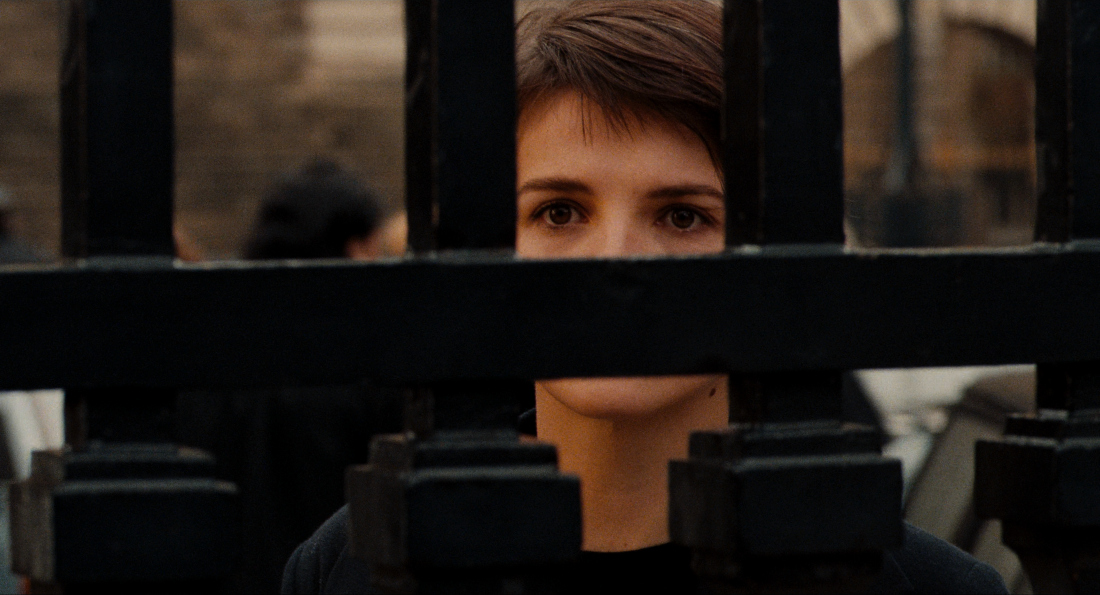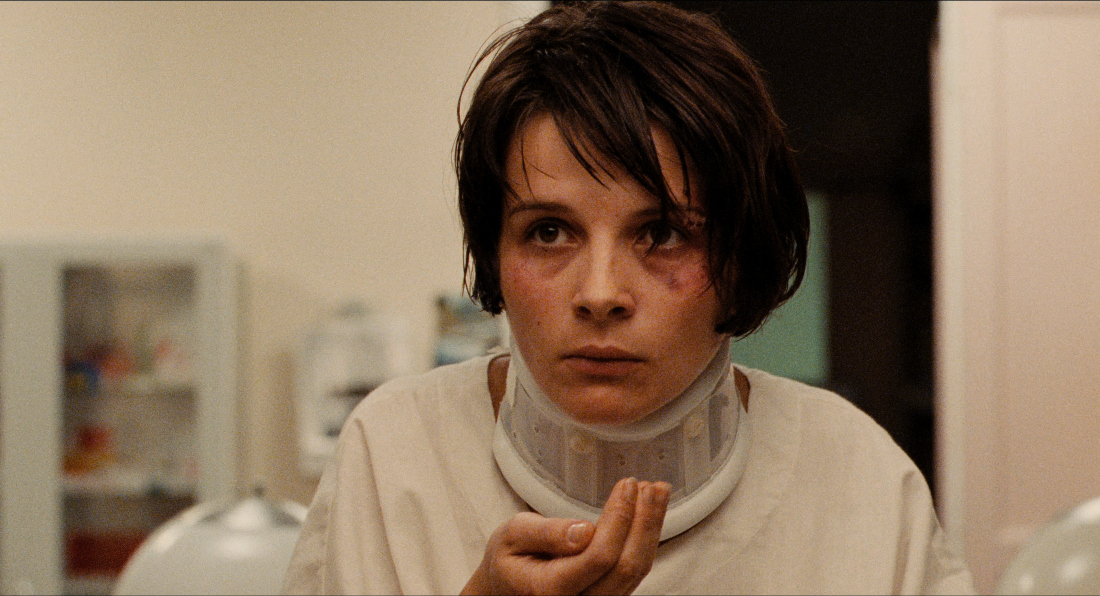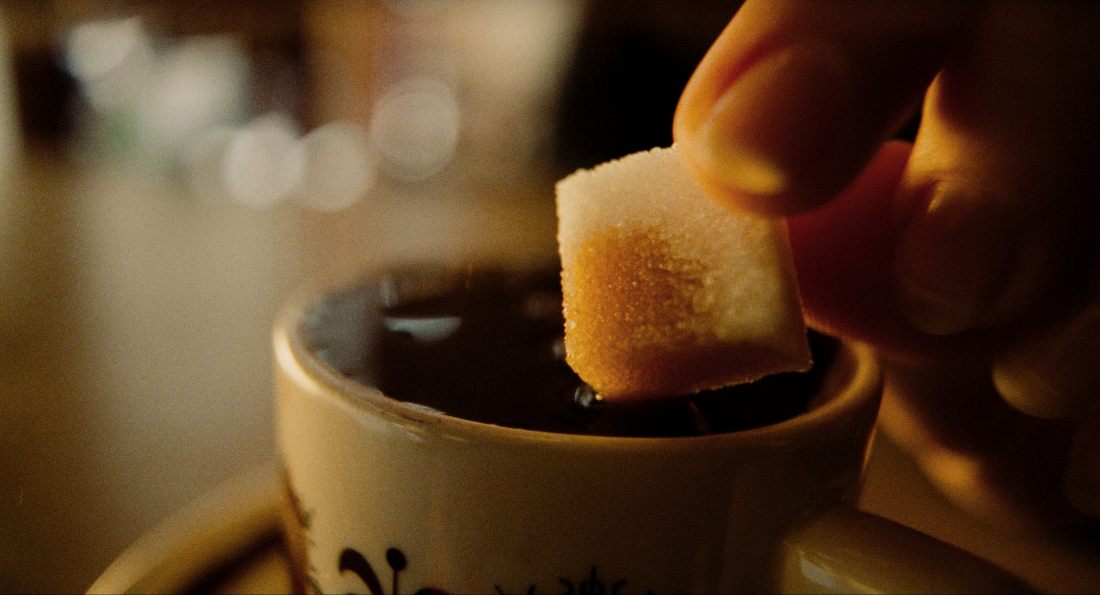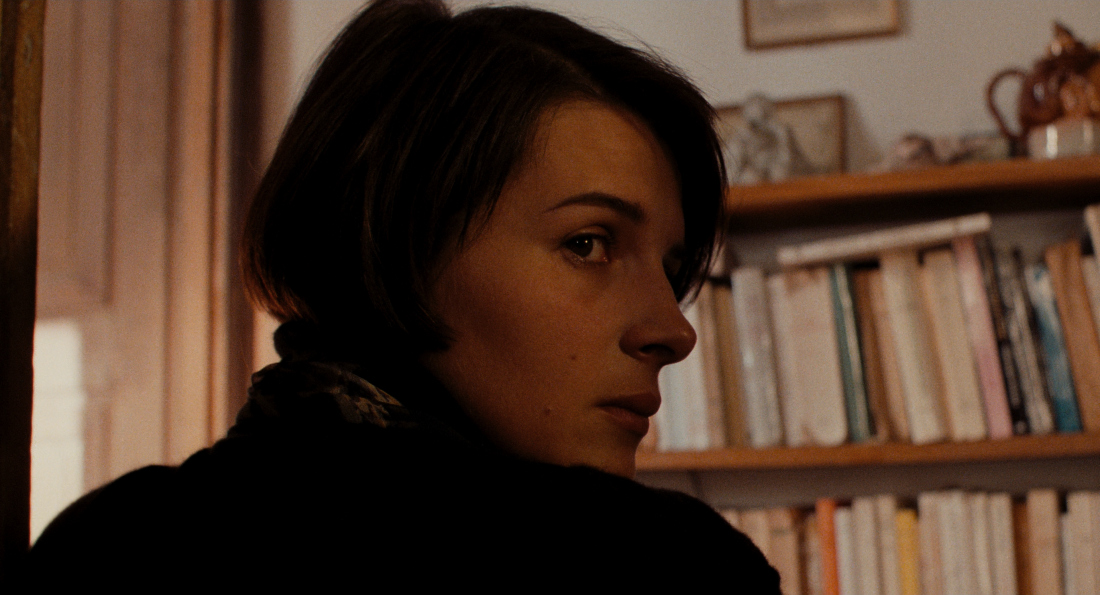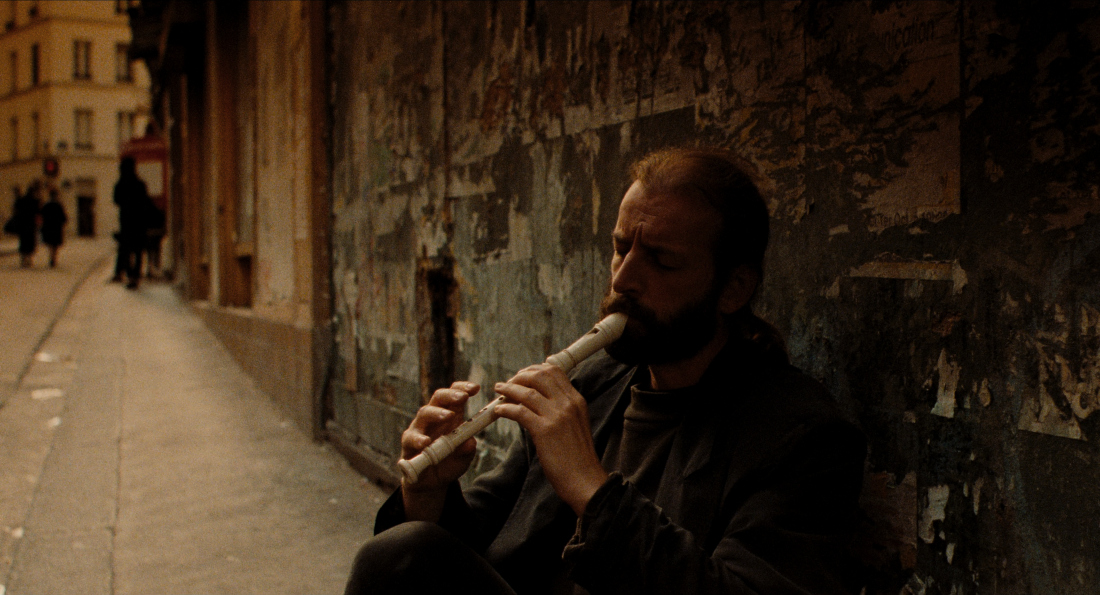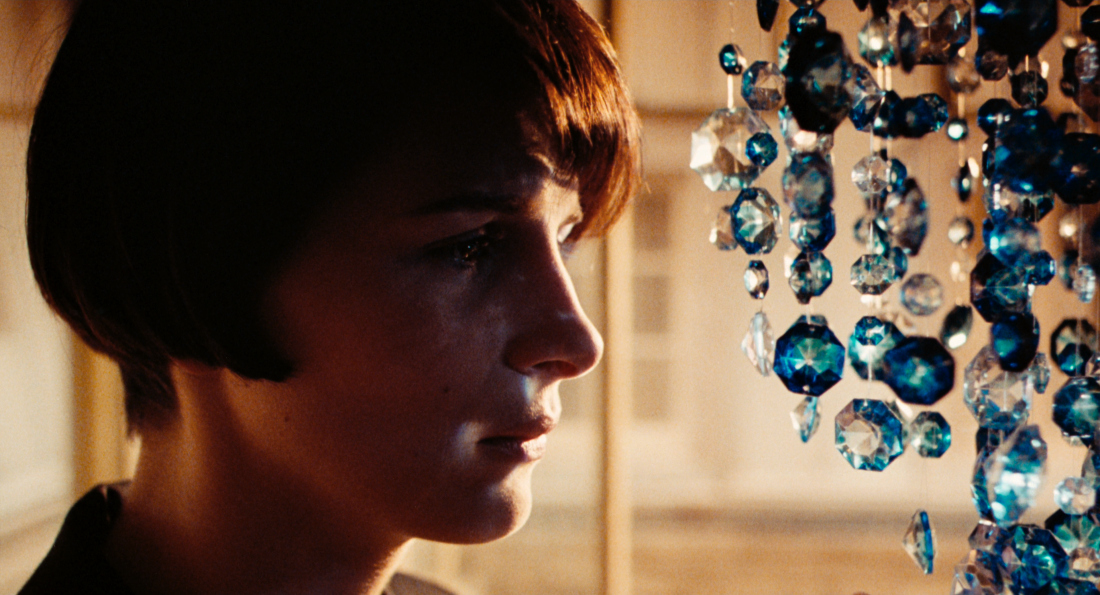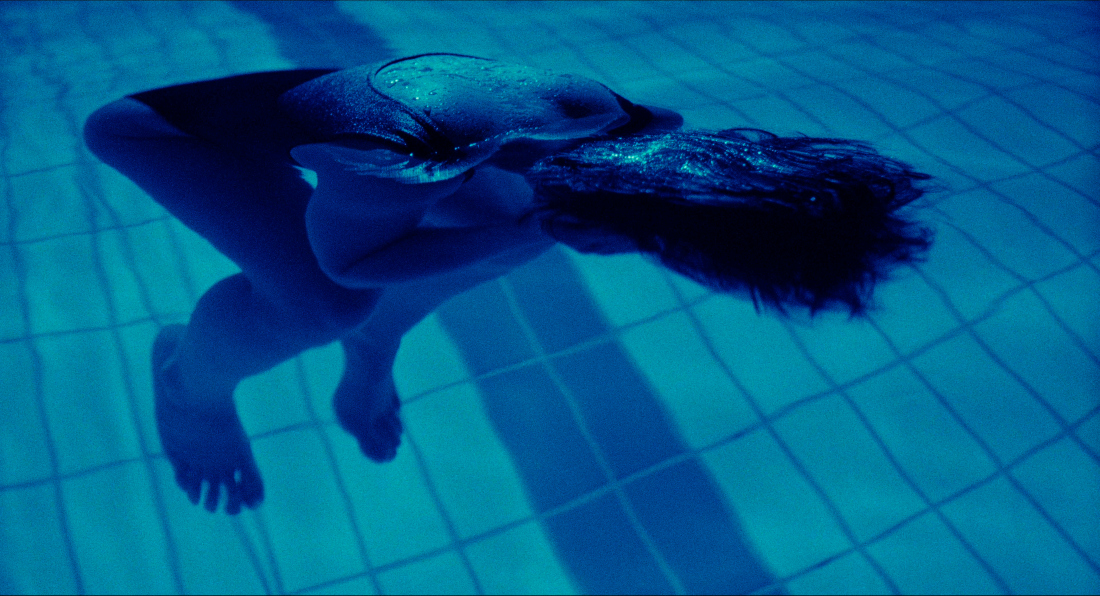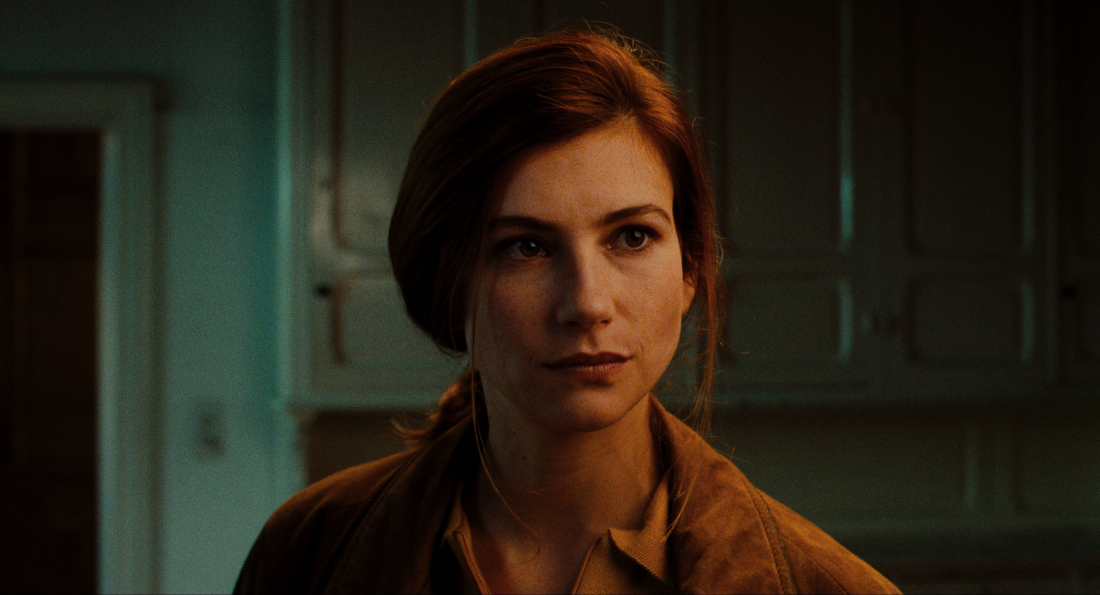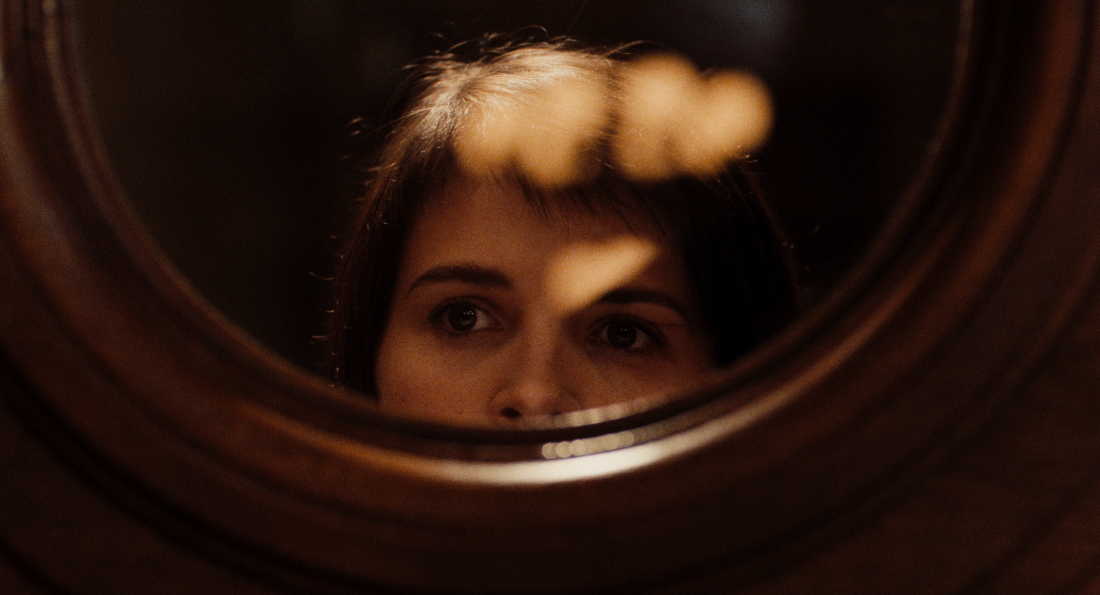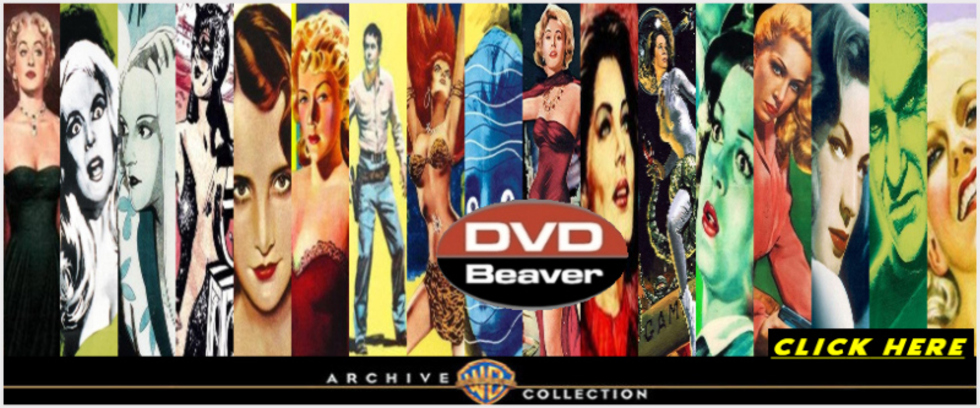|
Firstly, a massive thank you to our Patreon supporters. Your generosity touches me deeply. These supporters have become the single biggest contributing factor to the survival of DVDBeaver. Your assistance has become essential.
What do Patrons receive, that you don't?
1)
Our
weekly
Newsletter
sent to your Inbox every
Monday morning!
Please consider keeping us in existence with a couple of dollars or more each month (your pocket change!) so we can continue to do our best in giving you timely, thorough reviews, calendar updates and detailed comparisons. Thank you very much. |
![]()
![]()

![]()
![]()
|
Search DVDBeaver |
S E A R C H D V D B e a v e r |
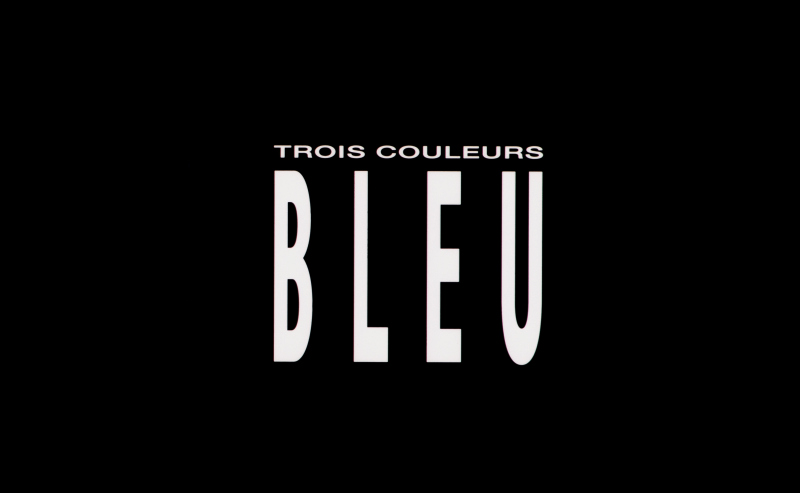
(aka "Three Colors: Blue" )

France
/ Poland / Switzerland 1993
|
In the devastating first film of the Three Colors trilogy, Juliette Binoche gives a tour de force performance as Julie, a woman reeling from the tragic death of her husband and young daughter. But Blue is more than just a blistering study of grief; it’s also a tale of liberation, as Julie attempts to free herself from the past while confronting truths about the life of her late husband, a composer. Shot in sapphire tones by Sławomir Idziak, and set to an extraordinary operatic score by Zbigniew Preisner, Blue is an overwhelming sensory experience. *** Failing to find the courage to commit suicide after her husband and infant daughter die in a car crash, Julie (Binoche) decides to build a new, anonymous and wholly independent life. Leaving her country mansion for a Paris apartment, she soon finds that freedom is not as easy to achieve as she hoped. Neighbours seek help and friendship, and doubts about her husband's fidelity inflame jealousy. Most troubling there's the music: Julia can't escape the sounds in her head. Kieslowski's film - the first of three inspired by the ideals of the French Revolution - is an arresting study of notions of individual freedom in the modern world. There's no facile moralising, simply a lucid examination of a woman's state of mind. Binoche responds with her best work to date: quiet, strong, stubborn, and deeply aware that the heart holds mysteries neither we nor those close to us will ever understand. Excerpt from TimeOut located HERE |
Posters
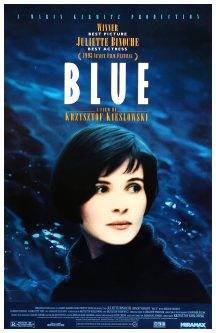 |
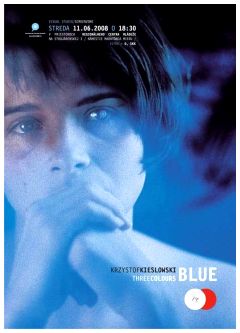 |
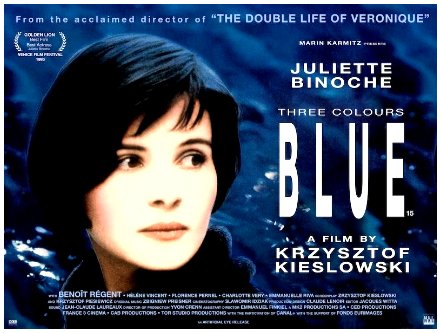 |
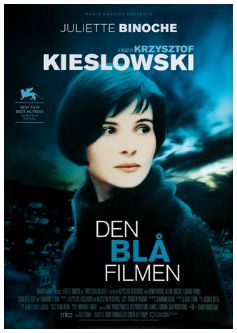 |
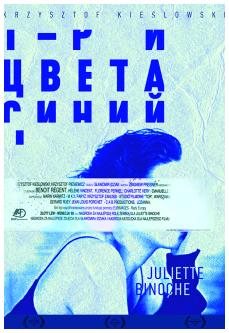 |
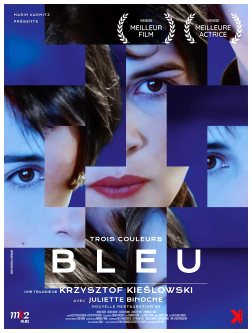 |
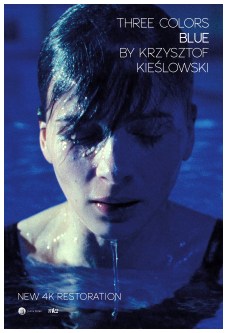 |
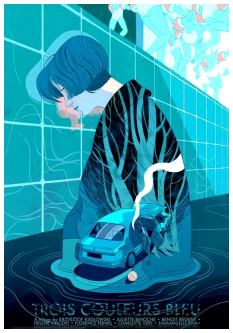 |
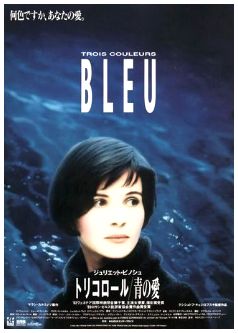 |
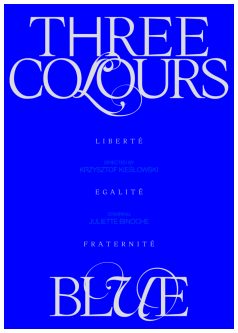 |
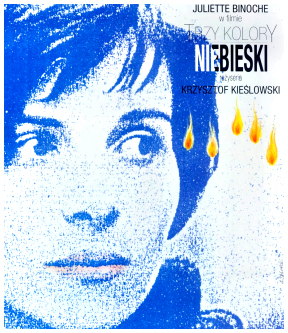 |
Theatrical Release: September 1993 (Cinefest Sudbury International Film Festival)
Reviews More Reviews DVD Reviews
Review: Criterion - Region FREE - 4K UHD
| Box Cover |
|
CLICK to order from: Only available, at present in Criterion's Three Colors: Blue, White, Red 4K UHD Boxset: Bonus Captures: |
| Distribution | Criterion Spine #588 - Region FREE - 4K UHD | |
| Runtime | 1:38:47.296 | |
| Video |
1.85:1 2160P 4K Ultra HD Disc Size: 61,359,422,861 bytesFeature: 60,449,826,816 bytes Video Bitrate: 67.98 MbpsCodec: HEVC Video |
|
|
NOTE: The Vertical axis represents the bits transferred per second. The Horizontal is the time in minutes. |
||
| Bitrate 4K Ultra HD: |
|
|
| Audio |
DTS-HD Master Audio French 3293 kbps 5.1 / 48 kHz / 3293 kbps / 24-bit (DTS Core: 5.1 / 48 kHz / 1509 kbps / 24-bit) |
|
| Subtitles | English, None | |
| Features |
Release Information: Studio: Criterion
1.85:1 2160P 4K Ultra HD Disc Size: 61,359,422,861 bytesFeature: 60,449,826,816 bytes Video Bitrate: 67.98 MbpsCodec: HEVC Video
Edition Details: 4K Ultra HD disc • film in 2160P
Criterion - Region 'A' - Blu-ray
• Cinema lesson with director Krzysztof Kieslowski (7:35 in 1080i)
Liner notes bboklet with essays by film critics Colin MacCabe, Nick James, Stuart Klawans, and Georgina Evans; an excerpt from Kieślowski on Kieślowski; and reprinted interviews with cinematographers Idziak, Edward Kłosiński, and Piotr Sobociński
Custom 4K Ultra HD Cases in Box Chapters 16 |
|
| Comments: |
NOTE:
The below
Blu-ray
and
4K UHD
captures were taken directly from the respective
discs.
The 2160 image is darker with some added depth in the colors
compared to the past digital editions. The film has sapphire filters or
lighting (pool, chandelier's beads etc.), yellow (outdoors) and warm tones -
short segments of bold red or white - that contrast the darker image helping
highlight the film's consistently rich textures. It looks wonderful on my
system - an easily identifiable upgrade. Beautiful.
It is likely that the monitor
you are seeing this review is not an
HDR-compatible
display (High Dynamic Range) or Dolby Vision, where each pixel can be assigned with a wider
and notably granular range of color and light. Our
capture software if simulating the HDR (in a uniform manner) for standard
monitors. This should make it easier for us to review more
4K UHD titles in the
future and give you a decent idea of its attributes on your system. So our
captures may not support the exact same colors (coolness of
skin tones, brighter or darker hues etc.) as the
4K system at your home. But the
framing, detail, grain texture support etc. are, generally, not effected by
this simulation representation.
NOTE:
50
We have reviewed the following 4K
UHD packages to date:
Invaders From Mars
software uniformly simulated HDR),
Death Wish
(software uniformly simulated HDR),
The Taking of Pelham One Two Three,
The Cabinet of Dr. Caligari
(no HDR),
High Plains Drifter
(software uniformly simulated HDR),
Mystery Men
(software uniformly simulated HDR),
Silent Running
(software uniformly simulated HDR),
Dressed to Kill
(software uniformly simulated HDR),
The Power of the Dog
(software uniformly simulated HDR),
Escape From Alcatraz
(software uniformly simulated HDR),
I, the Jury
(no HDR),
Casablanca
(software uniformly simulated HDR),
In the Mood For Love
(NO HDR applied to disc),
The Werewolf vs. the Vampire Woman
(software uniformly simulated HDR),
Blow Out
(software uniformly simulated HDR),
Night of the Living Dead
(NO HDR applied to disc),
Lost Highway
(software uniformly simulated HDR),
Videodrome
(software uniformly simulated HDR),
The Last Picture Show
(software uniformly simulated HDR),
It Happened One Night
(software uniformly simulated HDR),
The Mummy
(1932)(software uniformly simulated HDR),
Creature From the Black Lagoon
(software uniformly simulated HDR),
Bride of Frankenstein
(software uniformly simulated HDR),
The Amityville Horror
(software uniformly simulated HDR),
The War of the Worlds
(1953)
(software uniformly simulated HDR),
The Incredible Melting Man
(software uniformly simulated HDR),
Event Horizon
(software uniformly simulated HDR),
Get Carter
(software uniformly simulated HDR),
The Killing
(software uniformly simulated HDR),
Killer's Kiss
(software uniformly simulated HDR)
On their
4K UHD,
Criterion use a, robust, DTS-HD Master 5.1 surround track (24-bit) in the
original French language. This is surprising as they only used a
lossless 2.0 channel on their original
Blu-ray.
I'm unaware of a reason for the bump. There are a few separations and
bass in the film; the car crash, the scuffle on the street, pounding on
Julie's door, music in the sex club etc. - While there is intensity in
the street beating in Three Colors: Blue - the film's most
notable audio lies with the magnificent
Zbigniew Preisner
score - by intense full string orchestra or lone street flutist
('recorder') of sections of the central 'Unity of Europe' also featured
as a chorus or solo soprano singing in Greek. It fills the room with its
grace and intensity of emotion.
The discs offers optional English subtitles - and is, like all
4K UHD, region FREE,
playable worldwide, while Criterion's included
Blu-ray
is Region 'A'-locked.
NOTE:
The Greek chorus at the conclusion IS optionally subtitled on both
Criterion discs.
There are no
extras on the
4K UHD disc - just
the film in 2160. However, included is a second disc
Blu-ray,
an exact duplicate or Criterion's 2011 1080P release, as evidenced by the
M2TS files:
It has all the same extras as the 2011 edition - quoting our
past review; "Criterion have stacked the deck on the
Blu-ray
of Kieslowski's Blue. We are privy to a video essay by film studies
professor Annette Insdorf entitled 'On Blue' running over 20-minutes
in 1080P where she expands on previously heard ideas on the meanings within
the film relating details of the director's life. There is a Cinema
Lesson with director Krzysztof Kieślowski from 1994 for about 7.5
minutes in 1080i where he discusses a scene from Blue, and
specifically his idea behind a close-up shot of a saturating sugar cube.
There is another new video interview - this time with Three Colors composer
Zbigniew Preisner running 21-minutes in Polish with English subtitles as he
discusses his method of creation and specifics on the film's soundtrack.
Recorded in 2004 is a selected-scene commentary featuring actor Juliette
Binoche lasting almost 25-minutes (in 1080i.) “Reflections on Blue"
(17:27 in 1080i) and Kieślowski: The Early Years (14:59 in 1080i) are
interview programs featuring film critic Geoff Andrew, Binoche, filmmaker
Agnieszka Holland, cinematographer Sławomir Idziak, Insdorf, actor Irčne
Jacob, and editor Jacques Witta. They reflect on the production aspects of
Blue and the questions posed by Kieslowski's work as well as
examining his formative years and the political and social circumstances
that shaped his direction and philosophical choices in cinema. We get two
student shorts - both in 1080P - The Tram (1966 - 5:33 in 1080P), by
Kieślowski, and The Face (1966 - 6:05 in 1080P), a short actually
starring Kieślowski. They are prefaced with this notation: "While a film
student in Loth, Krzysztof Kieglowski made the 1966 silent short The Tram,
about a flirtatious boy and a pretty girl. That same year, he portrayed a
tortured artist in his classmate Piotr Studzinski's short The Face. Both
films are presented here courtesy of the Polish National Film, Television,
and Theatre School in Loth." Lastly, is an original theatrical trailer
in 1080P and the package contains a booklet featuring essays by film critics
Colin MacCabe, Nick James, Stuart Klawans, and Georgina Evans; an excerpt
from Kieślowski on Kieślowski; and reprinted interviews with
cinematographers Idziak, Edward Klosinski, and Piotr Sobocinski."
Three Colors: Blue
is about as 'pure genius' as cinema gets for me. I don't know how to say
this in a 'politically correct' way, but 99% of most all films made after
this are just inferior garbage by comparison.
Criterion's
4K UHD
release of
Krzysztof Kieslowski's "Three Colors: Blue, White, Red" are
cinema masterpieces. The films are based on one of the three political
ideals in the motto of the French Republic: liberty, equality, fraternity.
Blue is about Julie's (Juliette Binoche) liberty. She is so damaged
by the loss of her family that she seeks freedom from attachments, her links
to the past, which have resulted in her overwhelming psychotically pain -
she states "Now I have just one thing left to do: nothing. I want no
possessions, no memories, no friends, no lovers - they're all traps."
There are other representations of symbols of freedom in Three Colors:
Blue; the references on the television of people sky diving or bungee
jumping - overcoming their fears. Julie's fear is human connection. Three
Colors: Blue is about one woman strength in overcoming abject tragedy.
It has remained in my top 10 films for over two decades. This
4K UHD
set has our very highest recommendation |
Menus / Extras
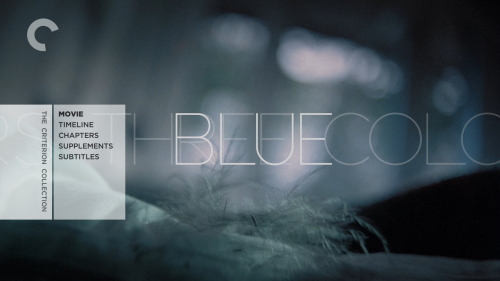 |
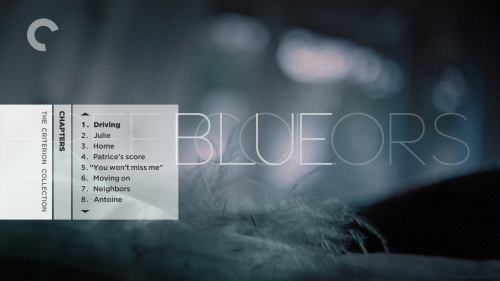 |
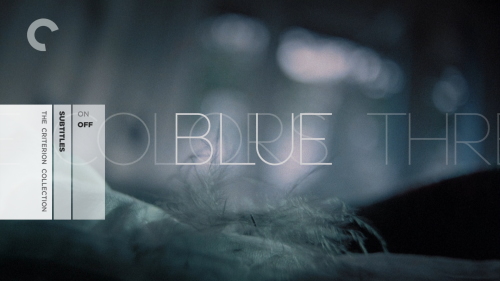 |
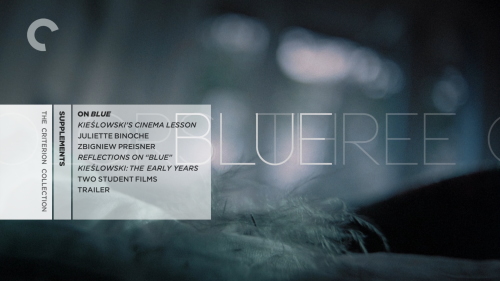 |
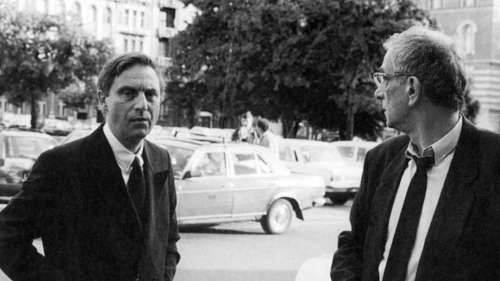 |
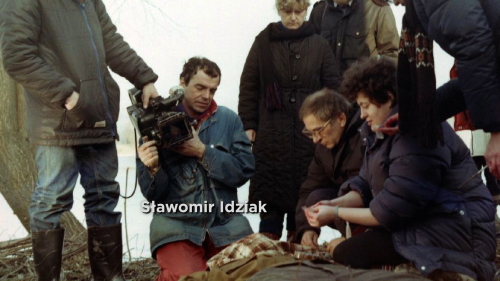 |
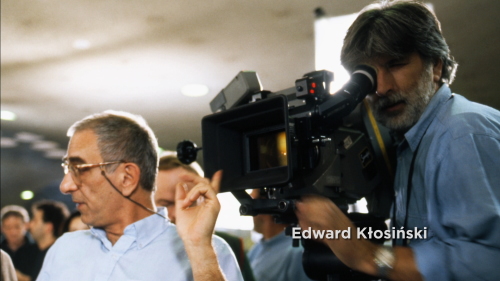 |
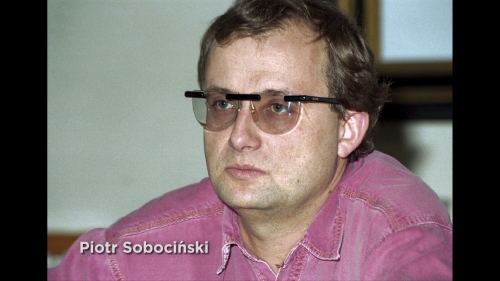 |
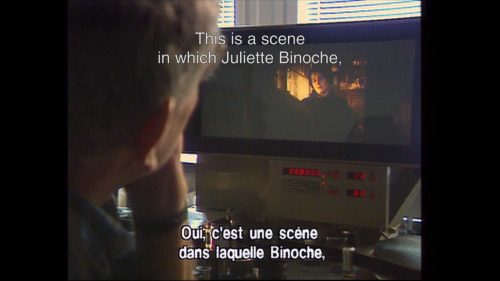 |
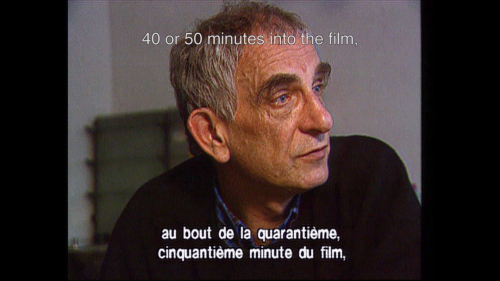 |
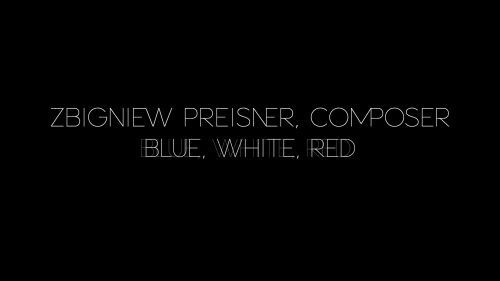 |
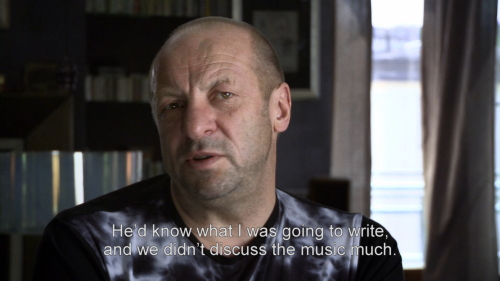 |
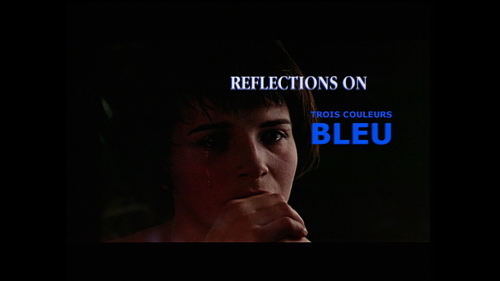 |
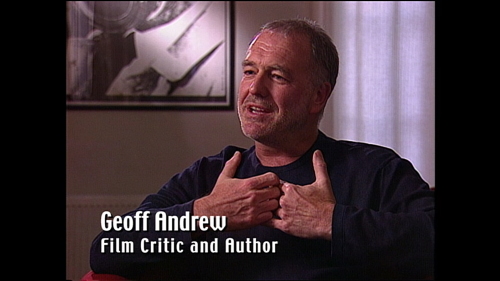 |
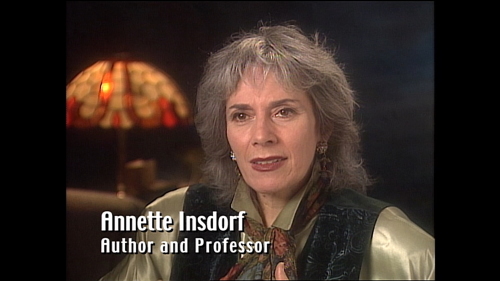 |
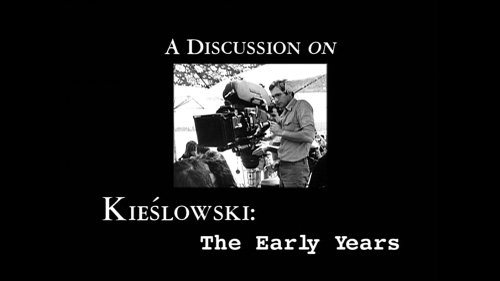 |
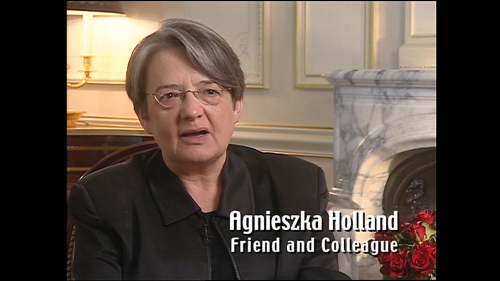 |
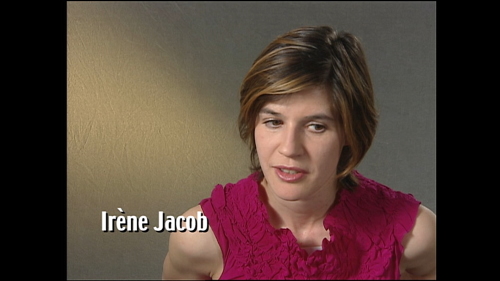 |
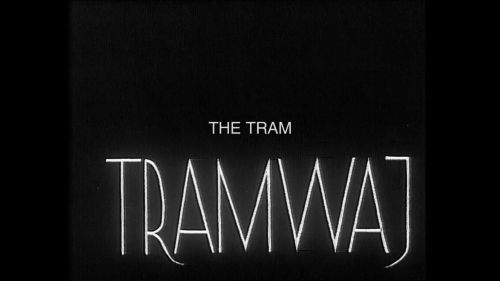 |
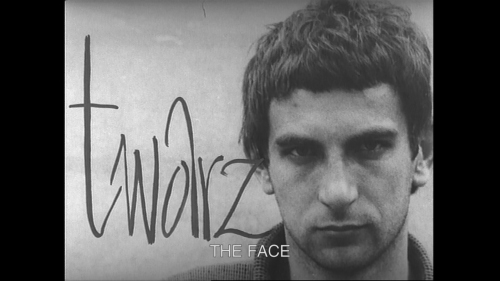 |
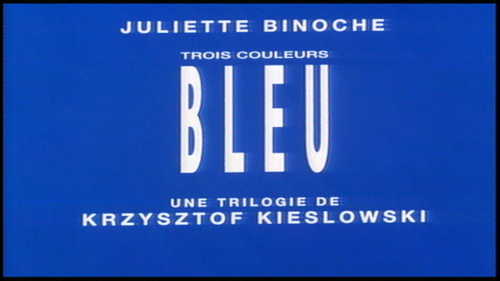 |
CLICK EACH BLU-RAY and 4K UHD CAPTURE TO SEE IN FULL RESOLUTION
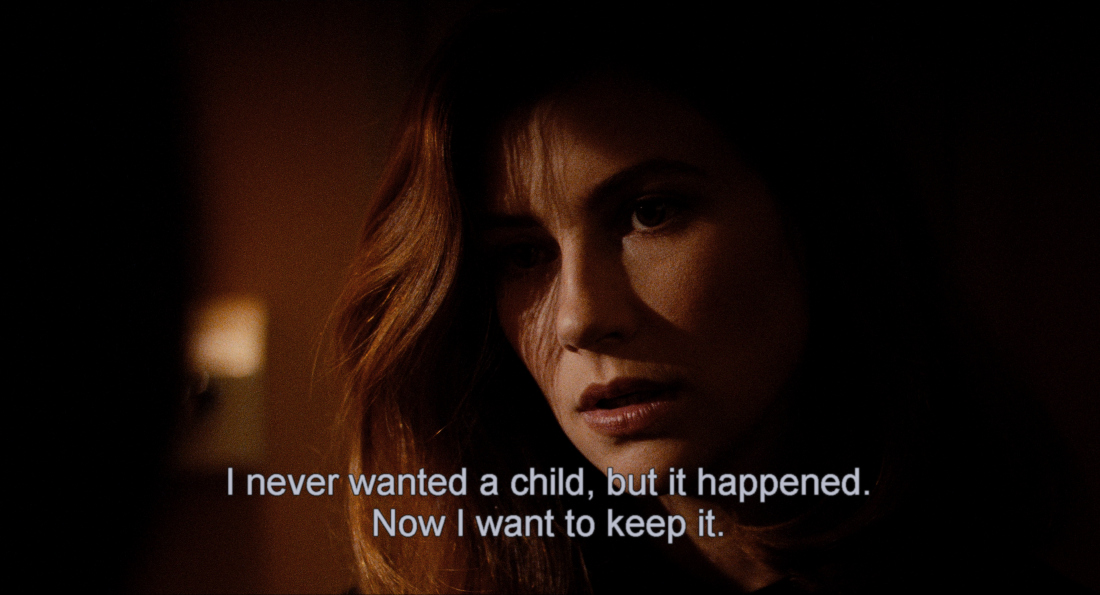 |
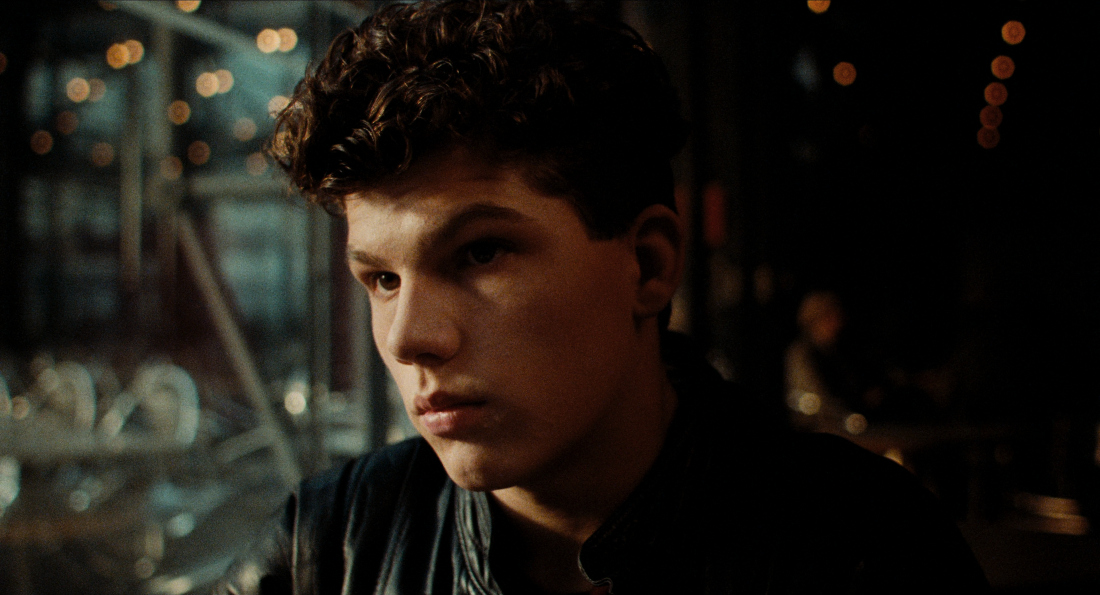 |
|
1) Artificial Eye Region 2 - PAL TOP 2) Criterion - Region FREE - 4K UHD BOTTOM
|
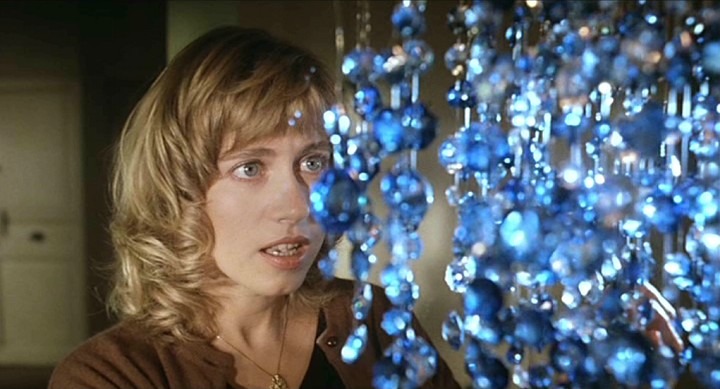 |
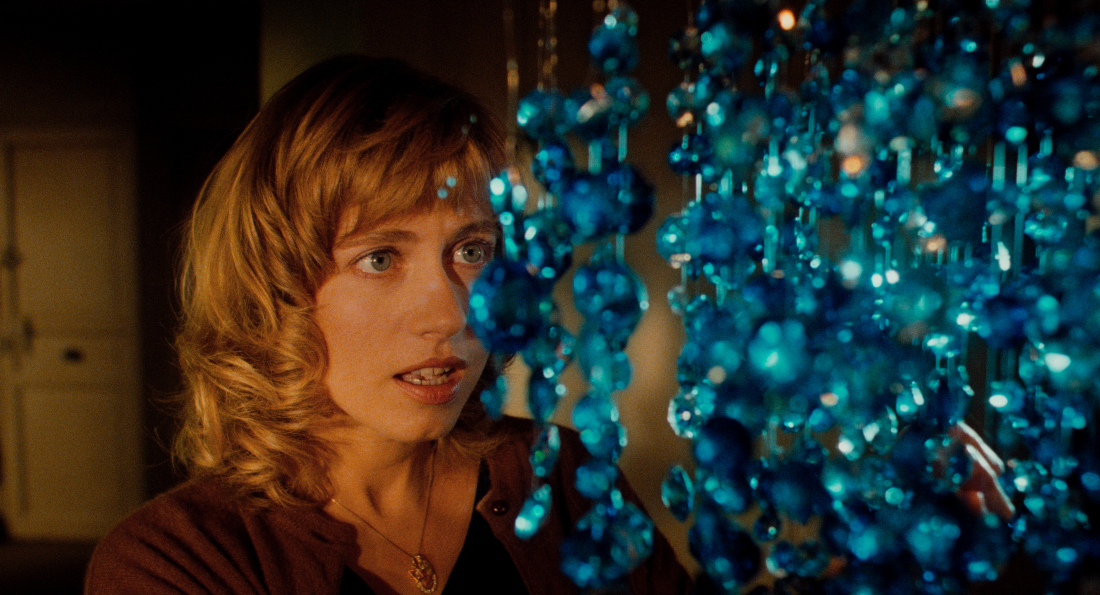 |
More full resolution (3840 X 2160) 4K Ultra HD Captures for Patreon Supporters HERE
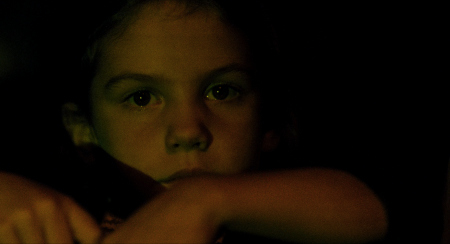 |
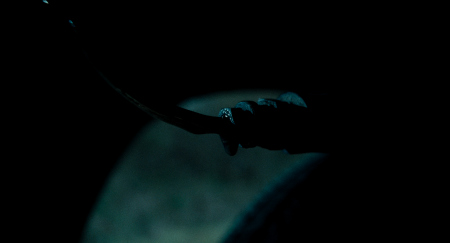 |
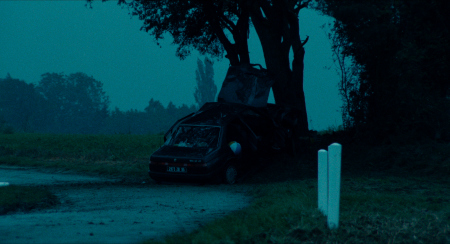 |
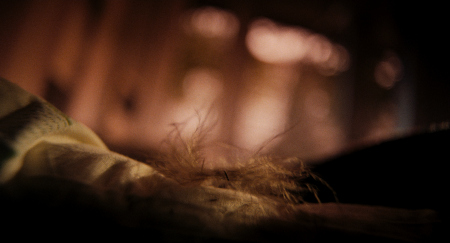 |
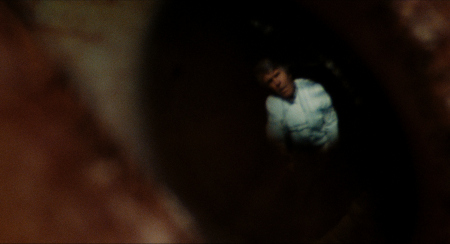 |
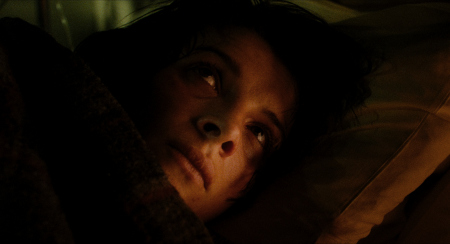 |
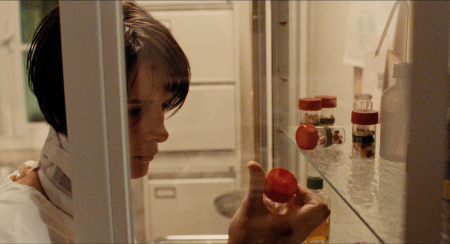 |
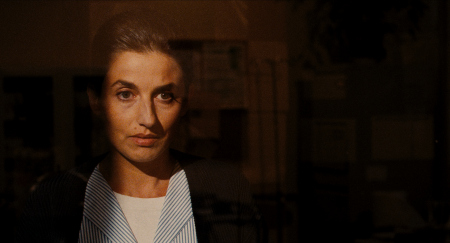 |
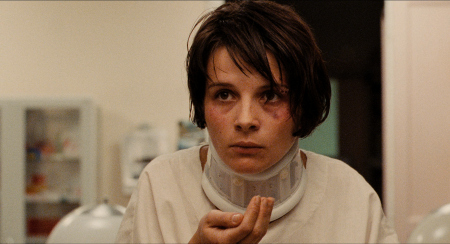 |
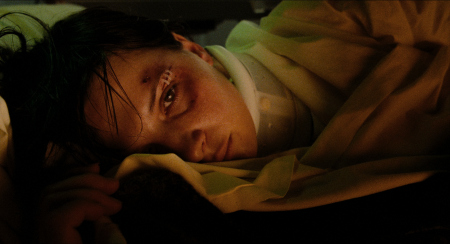 |
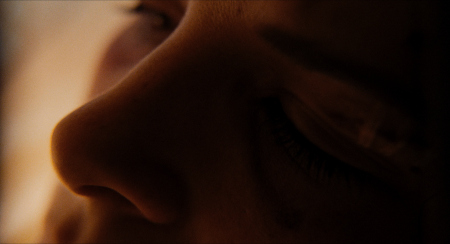 |
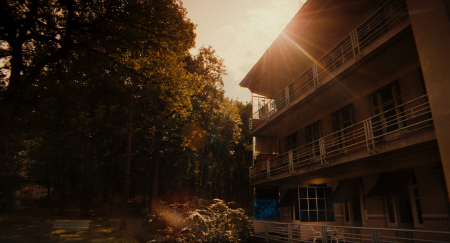 |
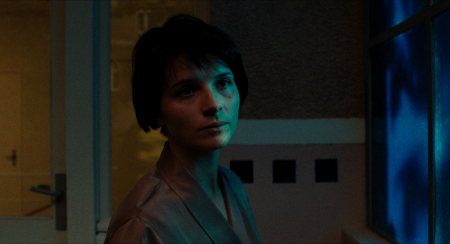 |
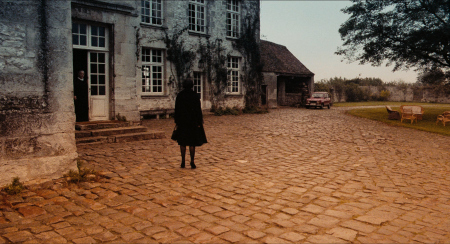 |
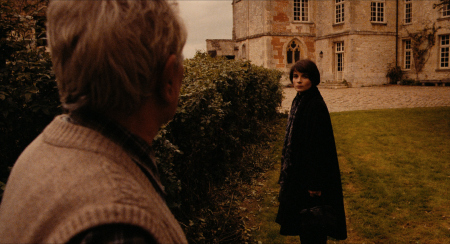 |
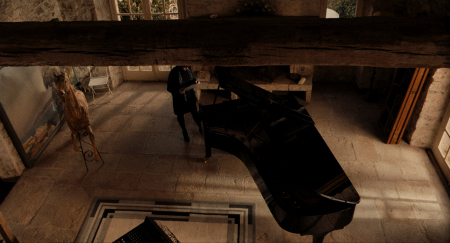 |
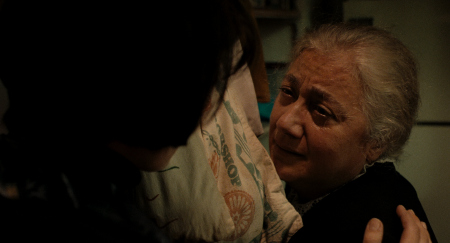 |
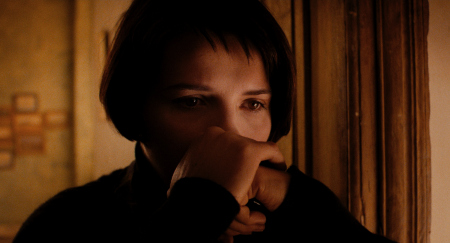 |
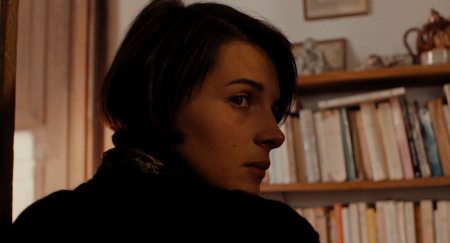 |
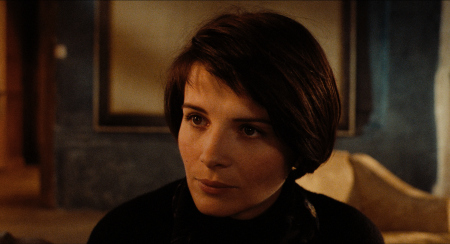 |
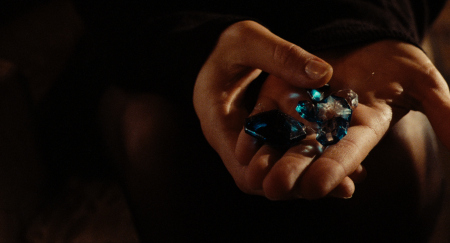 |
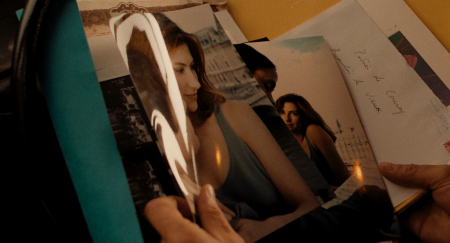 |
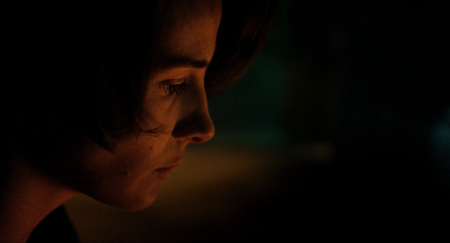 |
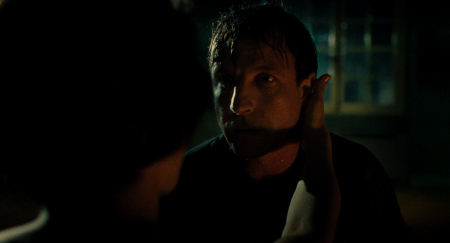 |
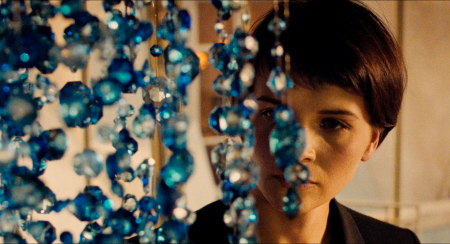 |
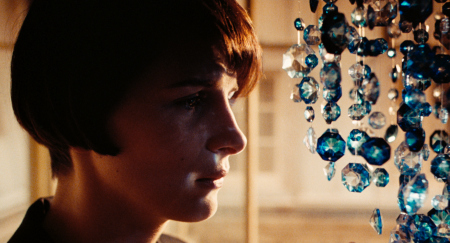 |
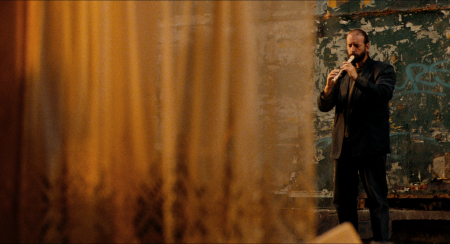 |
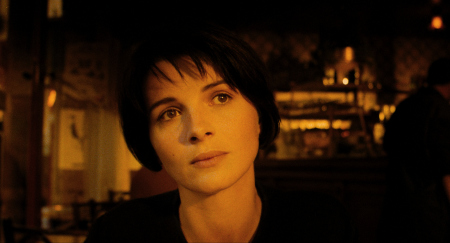 |
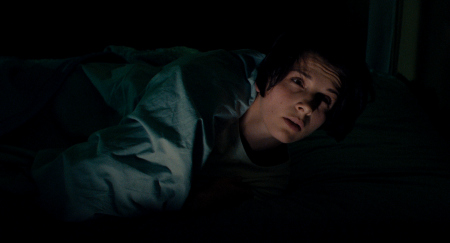 |
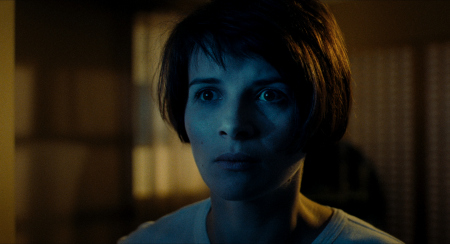 |
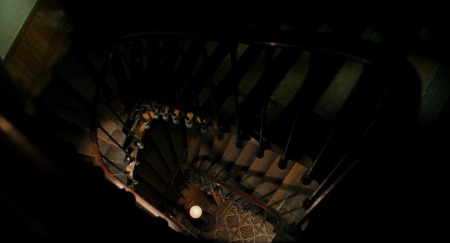 |
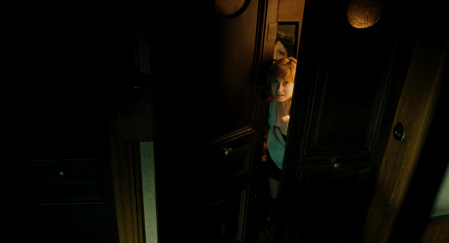 |
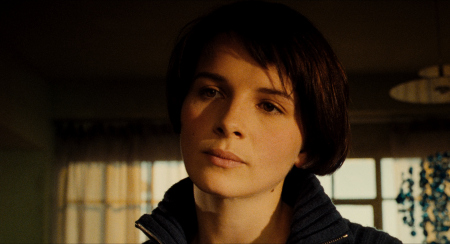 |
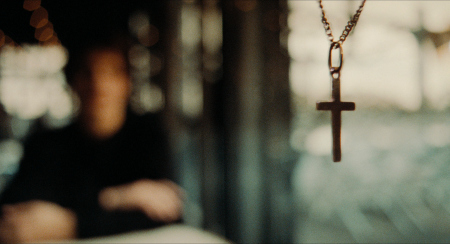 |
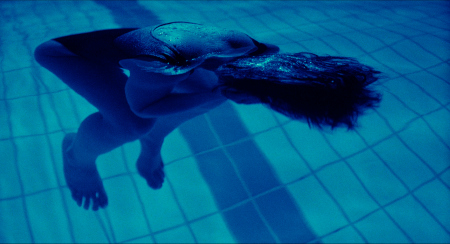 |
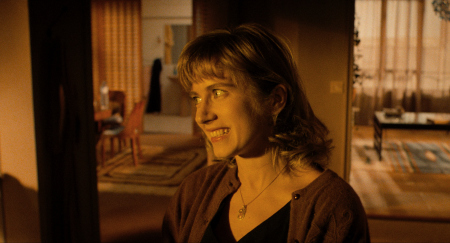 |
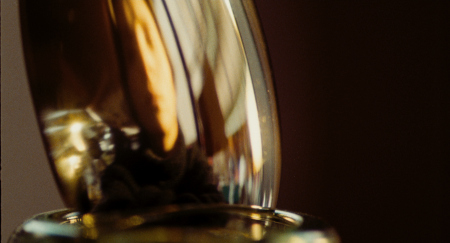 |
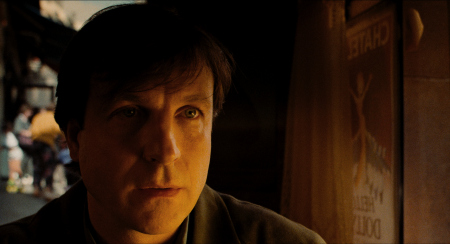 |
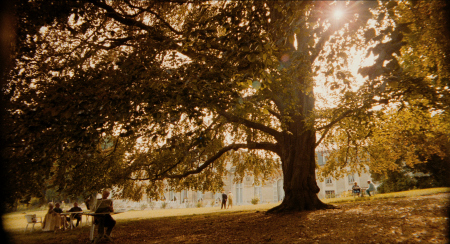 |
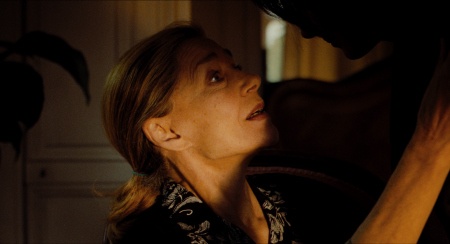 |
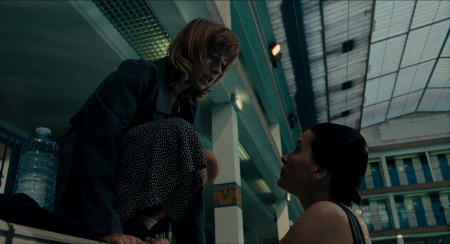 |
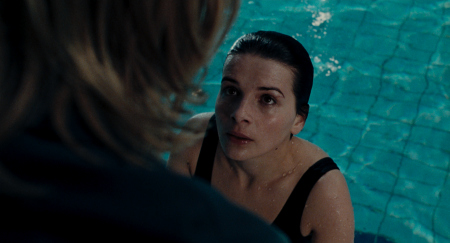 |
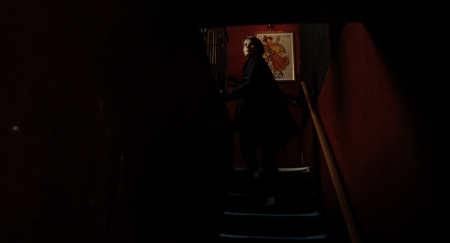 |
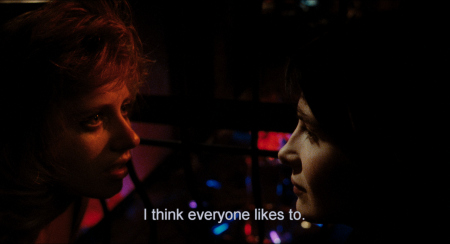 |
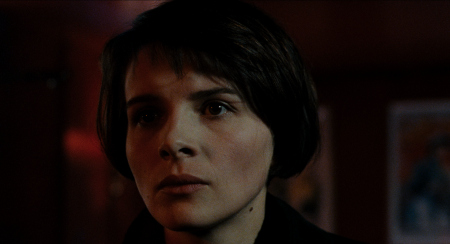 |
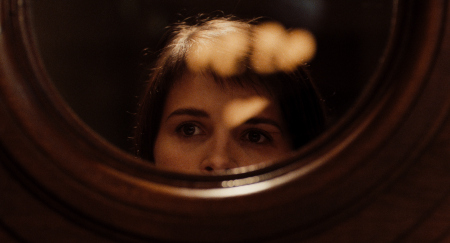 |
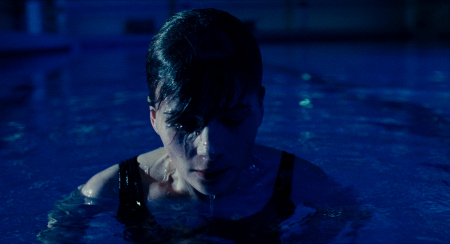 |
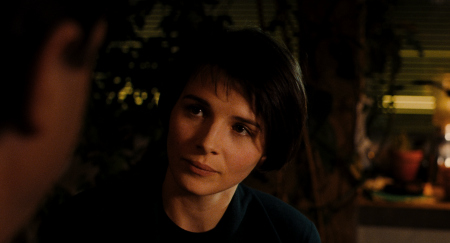 |
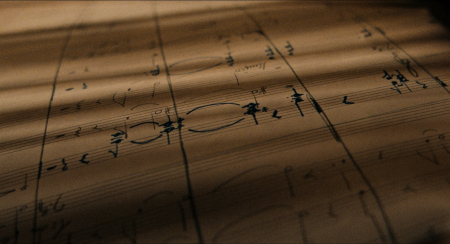 |
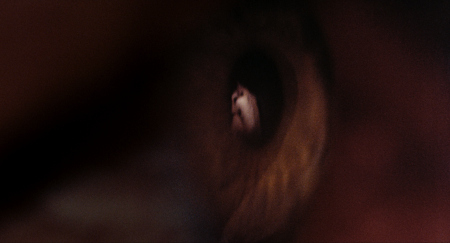 |
| Box Cover |
|
CLICK to order from: Only available, at present in Criterion's Three Colors: Blue, White, Red 4K UHD Boxset: Bonus Captures: |
| Distribution | Criterion Spine #588 - Region FREE - 4K UHD | |
![]()
![]()

![]()
![]()
|
Search DVDBeaver |
S E A R C H D V D B e a v e r |



